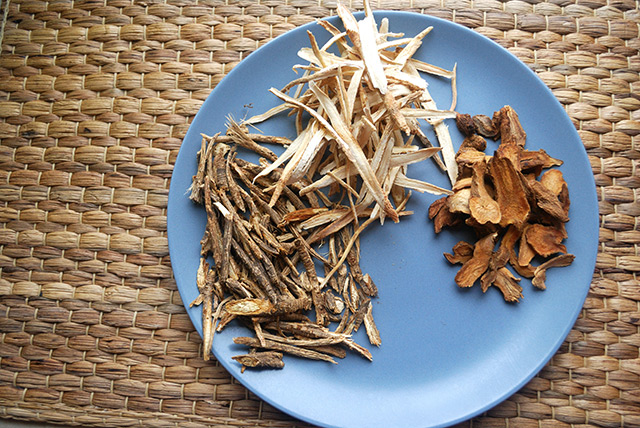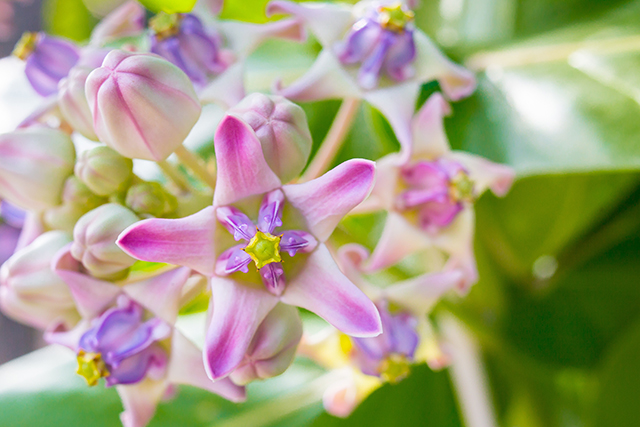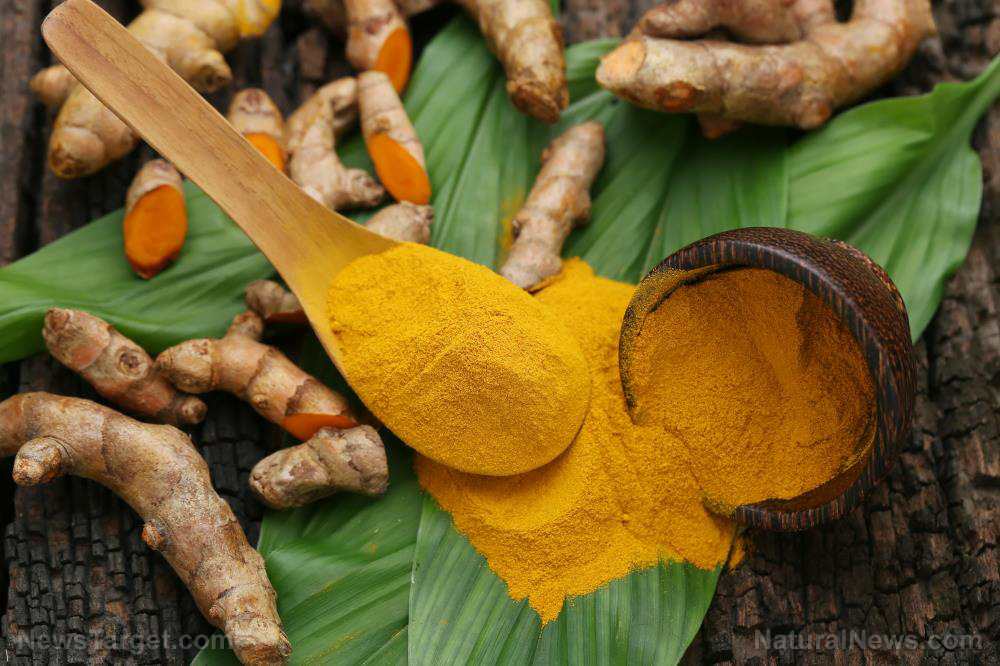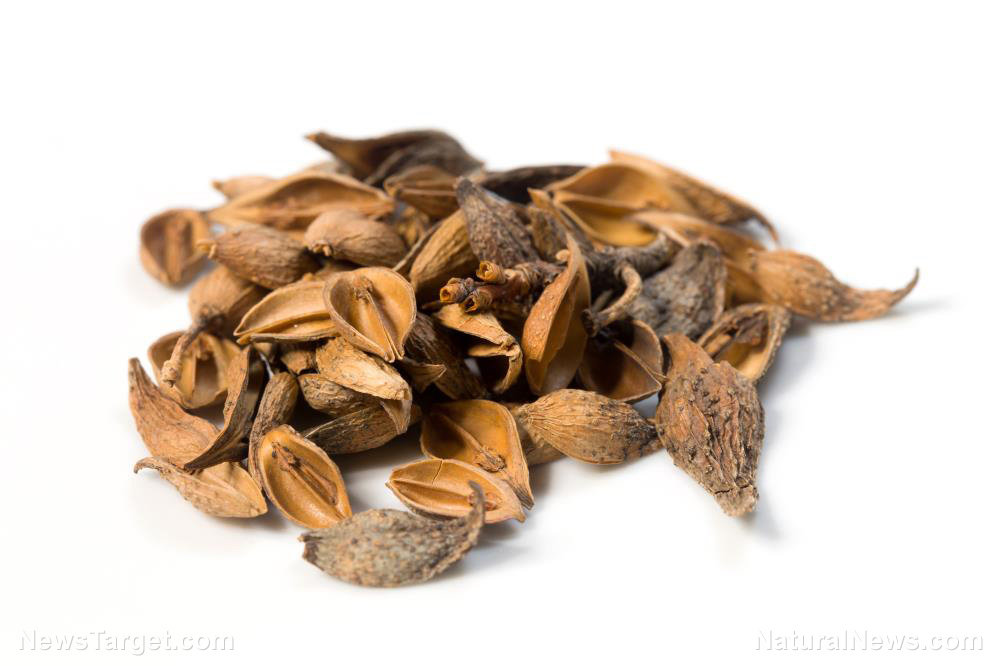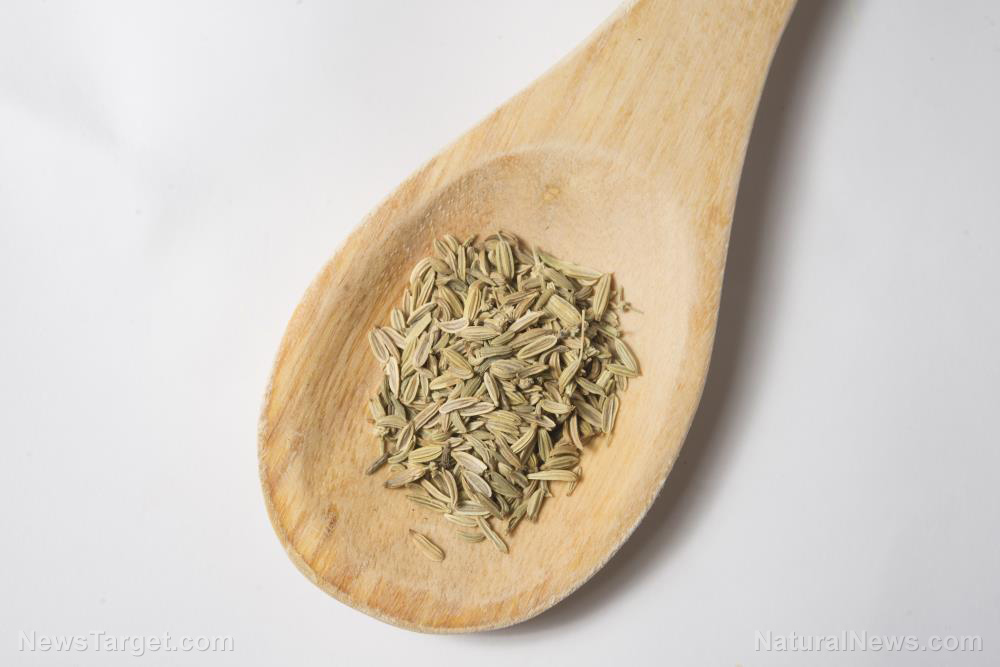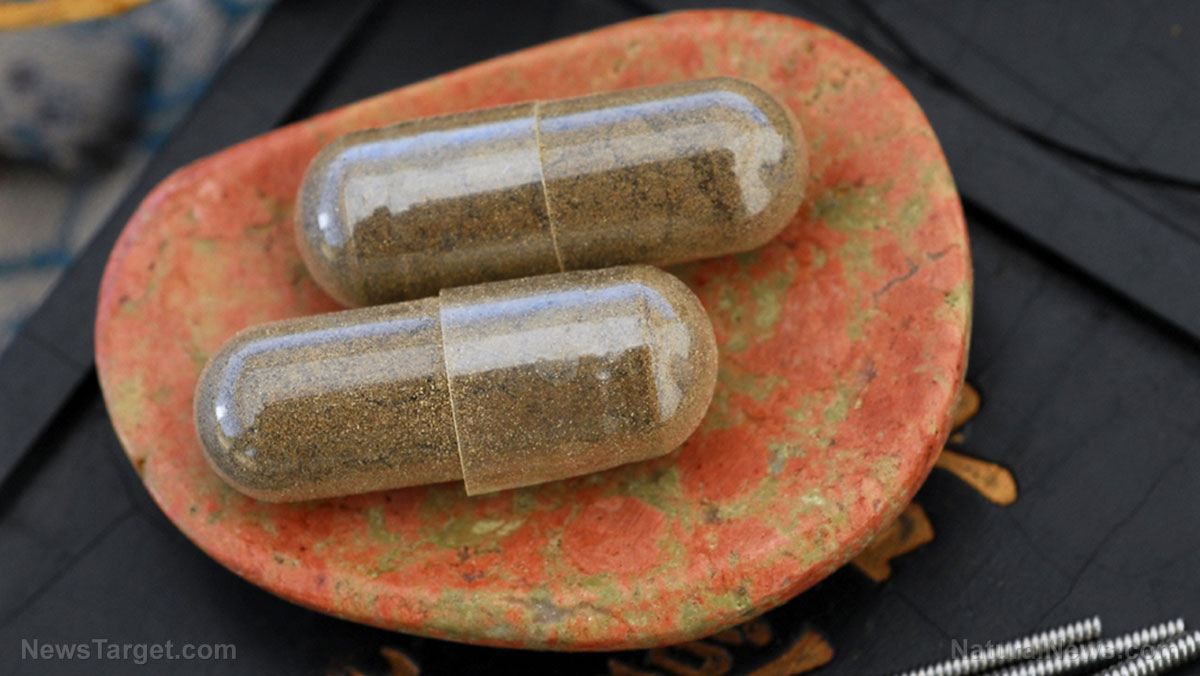Astragalus alleviates inflammation and side effects of chemotherapeutic agents
07/25/2019 / By Michelle Simmons

For centuries, astragalus, also known as huang qi, has been used in traditional Chinese medicine. It has many health benefits, including anti-inflammatory effects. In a study published in The American Journal of Chinese Medicine, researchers from Hong Kong Baptist University examined astragalus saponins and found that the herb can inhibit inflammation and reverse the side effects of chemotherapeutic agents.
Astragalus saponins are known to inhibit inflammation. During the progression of inflammatory diseases and cancer, nitric oxide (NO) and pro-inflammatory cytokines are produced. The researchers tested whether astragalus saponins can suppress inflammation in the mouse macrophage RAW264.7. (Related: How astragalus benefits people with cancer and low immunity.)
Results demonstrated that astragalus saponins suppressed lipopolysaccharide (LPS)-induced generation of NO without harming normal cells in the mouse macrophage RAW264.7. Astragalus also consistently reduced the gene and protein overexpression of inducible NO synthase (iNOS), as well as the production of tumor necrosis factor-alpha induced by LPS.
In addition, astragalus saponins also suppressed the phosphorylation of p38 mitogen-activated protein kinase (MAPK) and inhibited nuclear factor kappaB (NF-?B) activation and the associated I?B? degradation. Furthermore, astragalus saponins inhibited the growth of leukemia cells without affecting normal human peripheral blood mononuclear cells (PBMC). More importantly, the researchers found that astragalus saponins can reverse the side effects of chemotherapeutic agents such as the drug 5-FU, which reduces white blood cell count and decreases hematocrit.
 | Discover how to prevent and reverse heart disease (and other cardio related events) with this free ebook: Written by popular Natural News writer Vicki Batt, this book includes everything you need to know about preventing heart disease, reversing hypertension, and nurturing your cardiac health without medication. Learn More. |
Overall, astragalus saponins can inhibit LPS-induced inflammatory responses by regulating p38 MAPK signaling and suppressing NO and cytokine release. The researchers concluded that astragalus saponins can be used in the treatment of inflammatory diseases and inflammation-induced tumor development. Their study was published in The American Journal of Chinese Medicine.
Astragalus also protects against lung cancer
In addition to its protective effects against leukemia, astragalus can also protect against lung cancer. In a 2017 study published in Cancer Cell International, researchers from Zhongnan Hospital of Wuhan University in China examined the anti-tumor activity of astragalus polysaccharide in human non-small lung cells and its mechanism of action.
The researchers reported in an earlier study that astragalus polysaccharide can inhibit NF-kB activity during the development of diabetic nephropathy in mice. NF-kB is involved in the formation, growth, development, and metastasis of cancer. It also plays a role in the development of treatment resistance in tumors.
The results of the study suggested that astragalus polysaccharide can inhibit the spread and delay the growth of human non-small lung cancer cells in vivo and in vitro by decreasing NF-kB activity.
Other health benefits of astragalus
As mentioned earlier, astragalus is commonly used in traditional Chinese medicine. The root of the plant is made into various forms of supplements, such as capsules, liquid extracts, powders, and teas. This is because the root contains many compounds that are said to be responsible for its potential benefits. Here are some of the health benefits astragalus offers:
- Immune system boost: A study published in the journal Integrative Cancer Therapies suggests that astragalus can boost immunity by increasing the production of white blood cells, which are responsible for preventing diseases.
- Cardiovascular protection: People with heart failure and myocarditis may benefit from astragalus, according to a study in Oxidative Medicine and Cellular Longevity. Researchers found that the herb can reduce total cholesterol and low-density lipoprotein (LDL) cholesterol levels, increase high-density lipoprotein (HDL) cholesterol levels, and reduce the aortic fatty streak. Because of its antioxidant properties, the herb can also scavenge harmful free radicals.
- Better blood sugar control: A review published in the Evidence-Based Complementary and Alternative Medicine shows that astragalus can help improve blood sugar levels in people with Types 1 and Type 2 diabetes because of its polysaccharides, saponins, and flavonoids.
Learn more about astragalus and other traditional Chinese medicines at ChineseMedicine.news.
Sources include:
Tagged Under: alternative medicine, anti-inflammatory, anti-tumor, anticancer, astragalus, Astragalus membranaceus, cancer cures, cancer treatment, disease treatments, healing, herbal medicine, Herbs, huang qi, inflammation, leukemia, lipopolysaccharide, natural medicine, natural treatment, nitric oxide, prevention, research, saponins, TCM, traditional Chinese medicine, tumor development
RECENT NEWS & ARTICLES
Herbs.News is a fact-based public education website published by Herbs News Features, LLC.
All content copyright © 2018 by Herbs News Features, LLC.
Contact Us with Tips or Corrections
All trademarks, registered trademarks and servicemarks mentioned on this site are the property of their respective owners.

